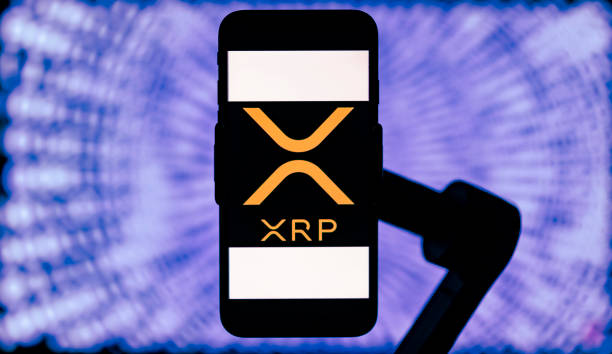Abu Dhabi’s financial regulator plans to supervise fiat-referenced tokens (FRTs), a type of stablecoin, in response to calls from stakeholders seeking its issuance. The regulator has invited public feedback on a proposed regulatory framework.
The Financial Services Regulatory Authority (FSRA) of the Abu Dhabi Global Market (ADGM) said that FRT issuers will be subject to operational restrictions and requirements. The FSRA proposed that the market value of reserve assets be at least equal to the par value of all outstanding FRTs in circulation as of the end of each business day. FRTs should also be valued on a mark-to-market basis daily.
The regulator also proposes that issuers of two or more FRTs operate and maintain segregated pools of reserve assets for each FRT and manage each pool separately. The ADGM’s regulatory proposal stated:
“The FSRA is responding to interest from potential applicants seeking to issue FRTs from ADGM, and this Consultation Paper should be of particular interest to them, other individuals and organizations active in the stablecoin industry, and their respective professional advisers.”
FSRA has set a deadline of Oct. 3, 2024, for providing comments on the proposal. Once comments are received, the FSRA will consider whether modifications are required to the proposed regulatory framework for FRTs. The board of the ADGM and the FSRA will then proceed to enact the regulatory framework in its final form.
Definition of fiat-referenced tokens
After considering definitions in other jurisdictions, the FSRA said it proposes to define an FRT as a digital asset whose transfer and storage are electronically achieved through the use of distributed ledger technology.

The ADGM also proposed that an FRT’s value be referenced to a fixed amount of a single fiat currency and that the holder be allowed to redeem the FRT in exchange for the amount of that fiat currency from its issuer when demanded.
Related: Paxos International to issue regulated interest-paying stablecoin
In addition to the implementation of a regulatory framework governing the issuance of FRTs, the FSRA is conducting a review of the existing suite of regulated activities to consider any relevant amendments where such regulated activities might be conducted using FRTs.
These proposed amendments will consider the acceptance of tokens for services or investments, as well as where the holding or transfer of tokens may be used for the delivery of payment services. The proposal will be put out in a separate consultation paper.
Crypto-friendly UAE lures investors, enthusiasts
The United Arab Emirates (UAE) is increasingly perceived as a crypto-friendly destination and could become the next global crypto hub due to investor-friendly regulations. In May, the crypto options trading platform QCP Capital received in-principle approval for regulated digital asset activities from the ADGM. This made QCP the first Singapore-based crypto market maker and broker to receive a preliminary license in the region.
In June, the Central Bank of the UAE approved the issuance of a new stablecoin licensing and monitoring system to boost digital transactions, advance the region’s digital economy and foster innovation.
Magazine: Saudi Arabia’s Riyadh may be crypto’s sleeping giant: Crypto City Guide










